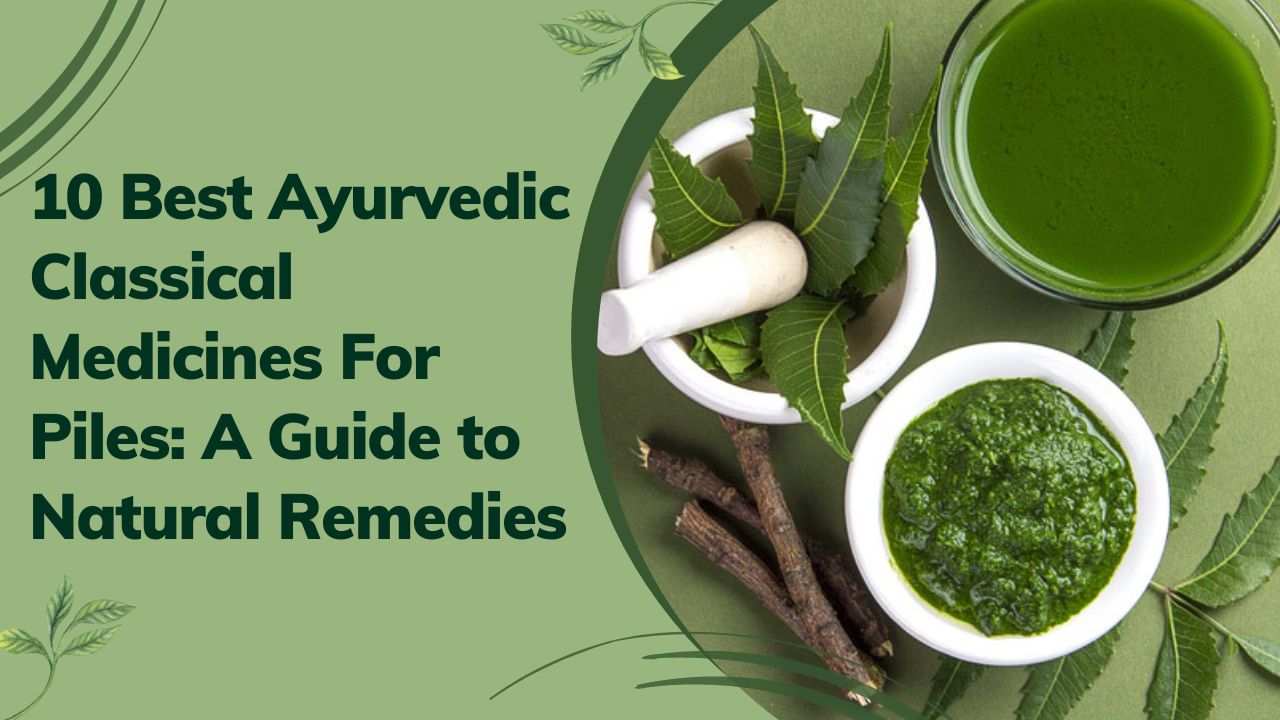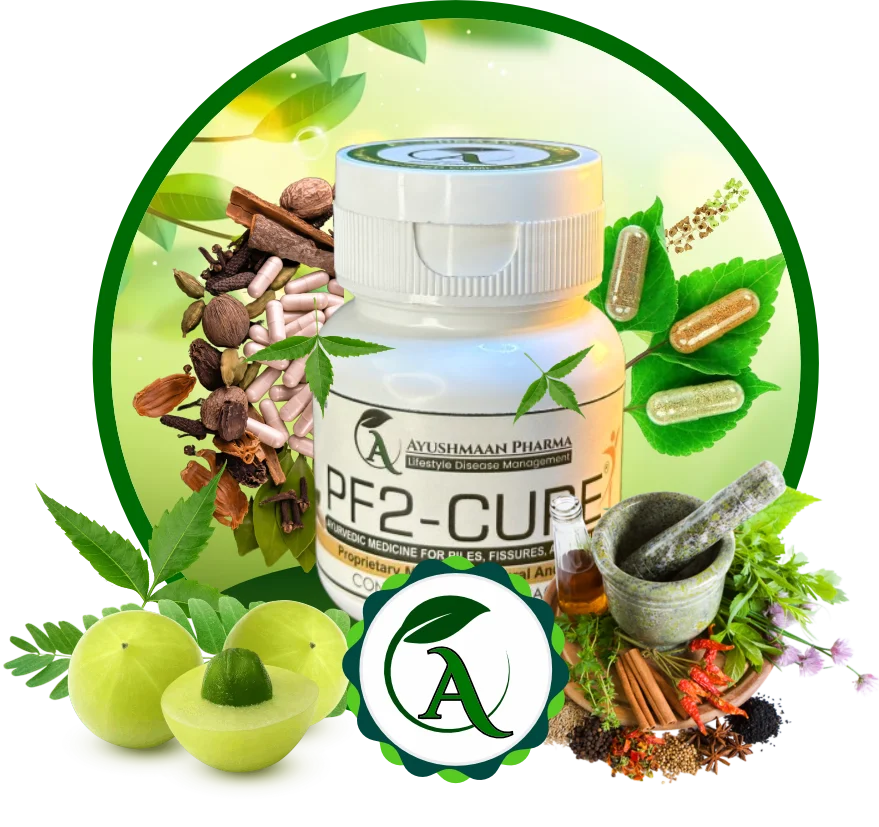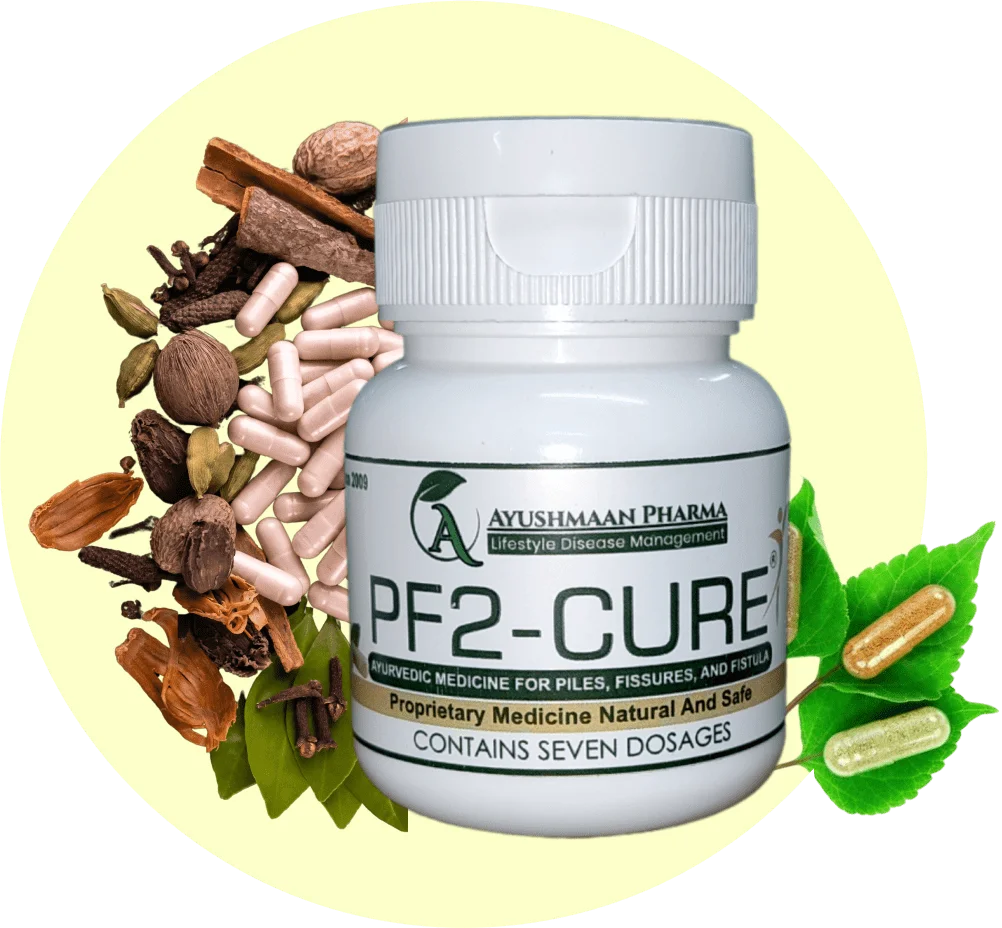- INFERTILITY TREATMENT
- BEST NIL SPERM AYURVEDIC TREATMENT IN INDIA
- MALE SEXUAL DISORDER
- FEMALE SEXUAL DISORDER
- PREMATURE EJACULATION
- ERECTILE DYSFUNCTION
- OLIGOSPERMIA
- NATURAL MENSTRUAL TREATMENT
- NATURAL MIGRAINE AYURVEDIC TREATMENT
- ASTHMA AYURVEDIC TREATMENT
- JOINT PAIN AYURVEDIC TREATMENT
- AYURVEDIC TREATMENT FOR LEUCORRHOEA
- AYURVEDIC TREATMENT FOR PILES
- AYURVEDIC TREATMENT FOR TONSIL PROBLEMS
- KIDNEY STONE AYURVEDIC TREATMENT GUIDE
- Ayurvedic Treatment for Acne – Natural & Lasting Solutions
- Ayurvedic Treatment for Cough
- Ayurvedic Treatment for Gallbladder Stones – Safe & Natural Relief
- Ayurvedic Treatment for Headache – Natural & Holistic Relief
- Ayurvedic Treatment for Sleeplessness – Natural Insomnia Remedies
- Ayurvedic Treatment for Uterus Cyst – Natural & Holistic Healing
- Ayurvedic Treatment for Uterus Swelling – Natural & Holistic Healing
- Ovary Cyst Ayurvedic Treatment
- Uterus Fibroid Ayurvedic Treatment
- Cholesterol Ayurvedic Treatment | American Hospital
- Hair Falling Ayurvedic Treatment
- Sinusitis Ayurvedic Treatment – Natural & Permanent Relief
- Fungal Infection Ayurvedic Treatment
- Urinary Tract Infection (UTI) Ayurvedic Treatment
- Ulcer Ayurvedic Treatment: Natural Healing for Gastric & Peptic Ulcers
- Gastritis Ayurvedic Treatment
- Sex Weakness Ayurvedic Treatment
- Vertigo Ayurvedic Treatment in India
- Epilepsy Ayurvedic Treatment
- Hysteria Ayurvedic Treatment
- Fatty Liver Ayurvedic Treatment
- Liver Enlargement Ayurvedic Treatment
- INFERTILITY TREATMENT
- निल स्पर्म का आयुर्वेदिक चिकित्सा | अमेरिकन हस्पताल अम्बाला छावनी हरियाणा
- पुरुष यौन समस्याओं का आयुर्वेदिक इलाज – अमेरिकन अस्पताल, अम्बाला छावनी
- महिला यौन विकृति आयुर्वेदिक उपचार | अमेरिकन अस्पताल, अम्बाला छावनी
- अमेरिकन अस्पताल, अम्बाला छावनी – शीघ्रपतन का आयुर्वेदिक उपचार
- नपुंसकता (Erectile Dysfunction) का आयुर्वेदिक उपचार
- ओलिगोस्पर्मिया (Oligospermia) का आयुर्वेदिक उपचार

Natural Ayurvedic Treatment for Piles: Ancient Healing
Key Takeaways
- Ayurveda offers a natural and holistic approach to treating piles, addressing the root causes of the condition.
- Ayurvedic remedies, including herbs, home remedies, and dietary recommendations, can provide gentle and effective relief for piles.
- Integrating Ayurvedic principles, such as detoxification and stress management, can support the healing process and prevent the recurrence of piles.
- Ayurvedic treatment for piles emphasizes a balanced and personalized approach, tailored to an individual’s unique constitution and needs.
- Seeking medical guidance is crucial in severe cases, with Ayurvedic therapy complementing conventional treatment for optimal outcomes.
Understanding Piles: Types and Symptoms
Piles, also known as hemorrhoids, are a common medical condition affecting the anal and rectal area. These swollen and inflamed veins can cause a range of discomforting symptoms, from mild irritation to severe pain. Understanding the different types of piles and their associated symptoms is crucial for seeking the right treatment.What Are Piles?
Piles, or hemorrhoids, are enlarged blood vessels located in the lower rectum or anus. They can develop both internally, within the rectum, and externally, around the anus. Depending on their location and severity, piles can be classified into different types, each with its own set of characteristics.Common Symptoms to Watch Out For
Individuals experiencing piles may exhibit a variety of symptoms, including:- Bleeding during bowel movements, often appearing as bright red blood
- Itching, burning, or discomfort in the anal region
- Swelling or protrusion of the anal tissue
- Difficulty with bowel movements, such as a feeling of incomplete evacuation
- Pain or discomfort during and after bowel movements
Ayurveda: The Holistic Approach to Health
Ayurveda, the ancient Indian system of medicine, offers a comprehensive and holistic approach to maintaining optimal health. At the heart of Ayurvedic philosophy lies the principle of balance – the harmonious equilibrium between the body, mind, and spirit. When it comes to treating ayurveda hemorrhoids treatment or piles ayurvedic treatment, Ayurveda emphasizes restoring this harmony through natural remedies and lifestyle modifications.Philosophy of Ayurveda
The Ayurvedic view of health is based on the concept of three primary energies or “doshas” – Vata, Pitta, and Kapha. These doshas govern various physiological and psychological functions in the body. The goal of Ayurvedic treatment is to identify and address imbalances in these doshas, which can lead to the development of conditions like piles.Key Principles in Ayurvedic Treatment
Ayurvedic treatment for ayurveda hemorrhoids treatment or piles ayurvedic treatment focuses on the following key principles:- Personalized Approach: Ayurvedic practitioners assess each individual’s unique constitution and tailor the treatment plan accordingly.
- Holistic Healing: Ayurvedic treatments aim to address the root cause of the condition, rather than just the symptoms, by considering the mind-body-spirit connection.
- Natural Remedies: Ayurvedic treatments often involve the use of herbs, spices, and other natural ingredients to promote healing and restore balance.
- Lifestyle Modifications: Ayurveda emphasizes the importance of adopting a healthy lifestyle, including diet, exercise, and stress management, to support the body’s natural healing process.
Natural Remedies for Piles in Ayurveda
Ayurveda, the ancient Indian system of holistic healthcare, offers a wealth of natural remedies for piles, also known as hemorrhoids. Unlike conventional treatments that often rely on medications or surgery, Ayurvedic approaches focus on addressing the root causes of the condition and promoting long-term healing. Let’s explore some of the most effective herbal treatments and home remedies that can provide quick relief for those suffering from the discomfort of hemorrhoids.Herbal Treatments for Quick Relief
Ayurvedic practitioners have long relied on a variety of herbs to alleviate the symptoms of piles. Some of the most popular and effective options include:- Triphala: This powerful herbal blend, comprising three fruits (Amalaki, Bibhitaki, and Haritaki), is renowned for its ability to improve digestion and regulate bowel movements, thus reducing the strain that can lead to hemorrhoids.
- Guggulu: This resin-based herb is praised for its anti-inflammatory properties, making it a valuable tool in reducing the swelling and discomfort associated with piles.
- Arjuna: The bark of the Arjuna tree is known to have astringent qualities that can help shrink and strengthen the blood vessels, providing relief for those with hemorrhoids.
Home Remedies You Can Try
In addition to Ayurvedic herbs, there are several simple home remedies that can offer natural
hemorrhoids herbal remedies and natural hemorrhoid relief
. These include:- Sitz baths: Sitting in a warm, shallow bath can help soothe the irritated area and promote healing.
- Aloe vera: Applying the gel from a fresh aloe vera leaf to the affected area can provide cooling relief and reduce inflammation.
- Witch hazel: This natural astringent can be used to gently cleanse the area and help shrink swollen veins.
- Soothing creams: Applying a gentle, Ayurvedic-based cream containing ingredients like turmeric or coconut oil can help ease discomfort and promote healing.
Remember, while these natural remedies can be highly effective, it’s essential to consult with an Ayurvedic practitioner to ensure a comprehensive and personalized approach to managing your piles.
Dietary Recommendations in Ayurvedic Treatment
In the realm of ayurvedic piles cure, dietary choices play a crucial role. Ayurvedic experts believe that by aligning our meals with the principles of this ancient healing system, we can not only find relief from constipation remedies ayurveda but also promote overall digestive health.
Foods to Include for Digestive Health
Ayurveda emphasizes the importance of consuming foods that are easy to digest and nourishing for the body. Some of the recommended foods for maintaining a healthy digestive system include:
- Fiber-rich fruits and vegetables, such as apples, pears, leafy greens, and carrots
- Whole grains like quinoa, brown rice, and oats
- Probiotic-rich foods like yogurt, kefir, and fermented vegetables
- Healthy fats from sources like avocados, nuts, and seeds
- Spices and herbs such as ginger, turmeric, and cumin, which aid digestion
Foods to Avoid for Pile Relief
Certain foods can exacerbate the symptoms of piles and should be limited or avoided in an ayurvedic piles cure regimen. These include:
- Processed and fried foods, which are difficult to digest
- Dairy products, which can cause constipation for some individuals
- Spicy and acidic foods, which can irritate the digestive tract
- Alcohol and caffeinated beverages, which can dehydrate the body
- Red meat, which can be challenging for the body to break down
By incorporating these dietary recommendations and avoiding the problematic foods, individuals can find relief from the symptoms of piles and promote overall digestive health through the principles of ayurvedic constipation remedies.
Importance of Detoxification in Ayurveda
In the realm of ayurvedic treatment for piles, or hemorrhoids, the concept of detoxification holds immense significance. Ayurveda, the ancient Indian system of medicine, emphasizes the importance of maintaining balance within the body to achieve optimal health. This holistic approach recognizes the profound impact that toxin accumulation can have on various bodily systems, including the digestive tract, where piles often manifest.
What Is Panchakarma?
The cornerstone of Ayurvedic detoxification is a comprehensive process known as Panchakarma. This five-fold approach aims to purify the body by eliminating accumulated toxins, or ama, through a series of specialized therapies. Panchakarma involves a combination of techniques, such as purgation, vomiting, enema, nasal administration, and blood-letting, all tailored to the individual’s unique constitution and health needs.
How Detoxification Affects Pile Management
In the context of piles ayurvedic treatment, the Panchakarma process plays a crucial role. By eliminating toxins from the body, Panchakarma can help address the underlying imbalances that contribute to the development of hemorrhoids. This comprehensive approach not only provides symptomatic relief but also promotes long-term healing and prevention of recurrence.
Moreover, the detoxification process can improve overall digestive function, reducing the risk of constipation and other factors that exacerbate piles. By restoring harmony within the body, Ayurvedic detoxification empowers individuals to manage their ayurveda hemorrhoids treatment effectively and embark on a path towards sustainable wellness.
Panchakarma Therapy |
Purpose in Pile Management |
|
Purgation |
Eliminates accumulated toxins and waste, relieving constipation and pressure on the hemorrhoids. |
|
Vomiting |
Purges toxins from the upper digestive tract, addressing imbalances that may contribute to piles. |
|
Enema |
Cleanses the lower intestinal tract, reducing inflammation and promoting healthy bowel movements. |
|
Nasal Administration |
Helps remove toxins from the head and sinuses, which can have a cascading effect on the digestive system. |
|
Blood-letting |
Improves circulation and reduces congestion in the rectal area, providing relief for piles. |
Lifestyle Changes to Support Healing
Ayurveda, the ancient Indian system of holistic healing, emphasizes the importance of lifestyle modifications in addressing various ailments, including the management of piles or hemorrhoids. By adopting specific ayurvedic practices, individuals can not only find natural hemorrhoid relief but also support the overall healing process.
The Role of Exercise in Ayurveda
Ayurvedic teachings highlight the significance of regular physical activity in maintaining optimal health. When it comes to ayurvedic piles cure, exercise plays a crucial role. Gentle, low-impact exercises, such as yoga, walking, and swimming, can help improve blood circulation, reduce inflammation, and alleviate the discomfort associated with piles.
- Yoga asanas (postures) like Supta Baddha Konasana (Reclined Bound Angle Pose) and Uttanasana (Forward Bend) can help relieve pressure on the rectal area.
- Brisk walking and swimming can promote better bowel movements and reduce the strain on the anal region.
- Consistent exercise routines can also help manage stress, which is a contributing factor in the development and exacerbation of piles.
Stress Management Techniques
Ayurveda recognizes the profound impact of stress on physical and mental well-being. In the context of ayurvedic piles cure, stress management techniques are crucial. Chronic stress can lead to increased inflammation, digestive issues, and a weakened immune system, all of which can exacerbate the symptoms of piles.
Ayurvedic practices such as meditation, deep breathing exercises, and mindfulness-based activities can help individuals manage stress effectively. By incorporating these techniques into their daily routine, individuals can experience a reduction in piles-related symptoms and promote overall healing.
Ayurvedic Stress Management Techniques |
Benefits for Piles |
|
Meditation |
Reduces inflammation, promotes relaxation, and enhances overall well-being. |
|
Pranayama (Yogic Breathing) |
Improves digestion, enhances circulation, and relieves constipation. |
|
Abhyanga (Ayurvedic Oil Massage) |
Reduces swelling, improves blood flow, and provides soothing relief. |
By embracing these ayurvedic piles cure lifestyle changes, individuals can harness the power of Ayurveda to support the natural healing process and find lasting relief from the discomfort of piles.
Effective Ayurvedic Herbs for Piles
When it comes to managing hemorrhoids or piles, Ayurvedic medicine offers a treasure trove of natural remedies. Two of the most renowned and effective Ayurvedic herbs for piles are Triphala and Ghritkumari (Aloe Vera).
Triphala: The Power Trio
Triphala, a potent herbal formulation, is a cornerstone of Ayurvedic piles treatment. This ancient remedy combines three powerful fruits – Amalaki, Bibhitaki, and Haritaki – to create a comprehensive solution for hemorrhoid relief. Triphala is renowned for its ability to regulate bowel movements, reduce inflammation, and promote healing of the affected tissues.
- Amalaki: Rich in vitamin C, Amalaki helps soothe inflammation and improve blood circulation in the rectal region.
- Bibhitaki: This herb has astringent properties that can help shrink the swollen hemorrhoidal veins.
- Haritaki: Known for its laxative and detoxifying effects, Haritaki helps relieve constipation, a common aggravating factor for piles.


Ghritkumari: Aloe Vera in Ayurveda
Ghritkumari, the Ayurvedic term for Aloe Vera, is another potent herbal remedy for piles. Aloe Vera’s soothing and anti-inflammatory properties make it an excellent choice for providing relief from the discomfort and swelling associated with hemorrhoids. Applying a natural ayurvedic medicines for hemorrhoids containing Ghritkumari can help soothe the irritated rectal area and promote faster healing.
Ayurvedic Herb |
Key Benefits for Piles |
|
Triphala |
Regulates bowel movements, reduces inflammation, and promotes healing |
|
Ghritkumari (Aloe Vera) |
Soothes irritation, reduces swelling, and promotes healing of the rectal area |
By incorporating these powerful herbal suppositories for piles into your Ayurvedic treatment regimen, you can find natural relief and support the healing process for your hemorrhoids.
Ayurvedic Oils and Pastes for External Relief
In Ayurvedic medicine, external applications of specialized oils and pastes play a crucial role in managing piles (also known as hemorrhoids). These natural remedies provide soothing relief and support the healing process from the outside. Let’s explore the application techniques and the best oils recommended for piles treatment in Ayurveda.
Application Techniques
Applying Ayurvedic oils and pastes directly to the affected area is an effective way to alleviate the discomfort and inflammation associated with piles. Here are some recommended application techniques:
- Gently clean the area with a mild, natural cleanser and pat dry before application.
- Use a clean finger or a cotton swab to apply a small amount of the oil or paste directly onto the piles.
- For better absorption, you can also try using a clean, soft cloth to apply the remedy and leave it on for 15-20 minutes before rinsing.
- Repeat this process 2-3 times a day, or as directed by your Ayurvedic practitioner.
Best Oils for Pile Treatment
Ayurveda recommends several potent herbal oils and pastes that can provide soothing relief and support the healing of piles. Some of the best options include:
- Triphala Guggul Oil: This oil, made with the powerful Triphala (a blend of three fruits) and Guggul, helps reduce inflammation and promote bowel movement.
- Ashwagandha Oil: Known for its anti-inflammatory and analgesic properties, Ashwagandha oil can alleviate pain and discomfort associated with piles.
- Coconut Oil: Coconut oil’s natural emollient and soothing properties make it an excellent choice for external pile treatment.
- Aloe Vera Gel: The cooling and healing properties of aloe vera gel can provide relief from the burning and itching sensations of piles.
Remember, it’s always best to consult with a qualified Ayurvedic practitioner to determine the most suitable oil or paste for your specific condition and to ensure safe and effective application.
When to Seek Medical Attention
While Ayurvedic remedies can provide effective relief for many cases of piles, it’s crucial to recognize when medical intervention is necessary. Severe symptoms, such as bleeding piles or fissure development, may require a more integrated approach combining Ayurvedic and conventional treatments.
Recognizing Severe Symptoms
If you experience persistent or worsening symptoms like severe pain, heavy bleeding, or difficulty in bowel movements, it’s advisable to consult a healthcare professional. These could be signs of a more serious condition that may require specialized medical attention.
- Heavy, persistent bleeding from the rectum
- Severe pain or discomfort that interferes with daily activities
- Swelling or protrusion of the rectal area
- Difficulty in passing stools or a sensation of incomplete evacuation
Integrating Ayurveda with Conventional Medicine
In cases where medical intervention is necessary, Ayurvedic treatments can be seamlessly integrated with conventional therapies to provide comprehensive care. Ayurvedic practitioners and medical professionals can work collaboratively to develop a holistic treatment plan that addresses the root causes of the condition while also managing the immediate symptoms.
This integrated approach can help ensure the best possible outcome for patients, combining the time-tested wisdom of Ayurveda with the latest advancements in modern medicine. By working closely with both Ayurvedic and conventional healthcare providers, individuals can find the most effective and personalized solution for their bleeding piles ayurveda or fissure ayurvedic treatment.
Conclusion: Embracing Ayurvedic Wisdom for Pile Relief
As we’ve explored, the ancient principles of Ayurveda offer a comprehensive and natural approach to managing piles, or hemorrhoids. By understanding the root causes, incorporating Ayurvedic remedies, and making lifestyle adjustments, individuals can find lasting relief from this common but often uncomfortable condition.
The key lies in addressing the imbalances within the body through a holistic lens. Ayurvedic treatments, from herbal supplements to detoxification practices, work to restore harmony and support the body’s natural healing process. By embracing this time-honored wisdom, you can take control of your health and find lasting piles ayurvedic treatment and natural hemorrhoid relief.
Whether you’re struggling with the discomfort of piles or simply looking to maintain optimal digestive and circulatory health, the Ayurvedic path offers a gentle, sustainable solution. By incorporating Ayurvedic principles into your daily life, you can experience the transformative benefits of this ancient system of medicine and embark on a journey towards greater well-being
FAQ
The most common symptoms of piles (hemorrhoids) include rectal bleeding, itching, discomfort, and the presence of swollen veins around the anus. Some people may also experience pain, particularly during bowel movements.
Ayurveda takes a holistic approach to treating piles, focusing on restoring balance in the body’s doshas (vata, pitta, and kapha) through a combination of herbal remedies, dietary modifications, and lifestyle changes. The goal is to address the underlying imbalances that contribute to the development of hemorrhoids.
Ayurveda recommends several herbs for the treatment of piles, including Triphala (a powerful trio of fruits), Ghritkumari (Aloe Vera), and various other herbs with astringent, anti-inflammatory, and healing properties.
Yes, Ayurveda offers several home remedies that can provide relief for piles, such as applying a paste of Ghritkumari (Aloe Vera) or using herbal suppositories made with ingredients like Haritaki, Amalaki, and Vibhitaki.
Ayurveda emphasizes the importance of a balanced diet for managing piles. Recommended foods include high-fiber, cooling, and easily digestible items, such as fruits, vegetables, and whole grains. Avoiding spicy, fried, and constipating foods is also advised.
Panchakarma, the Ayurvedic detoxification process, is believed to be highly effective in managing piles. By removing toxins and restoring balance in the body, Panchakarma can help alleviate the underlying causes of hemorrhoids and promote overall digestive health.
It is recommended to seek medical attention if the piles are causing severe symptoms, such as persistent bleeding, intense pain, or the presence of a painful lump. In such cases, integrating Ayurvedic treatment with conventional medical care can provide the most comprehensive and effective management for the condition.

